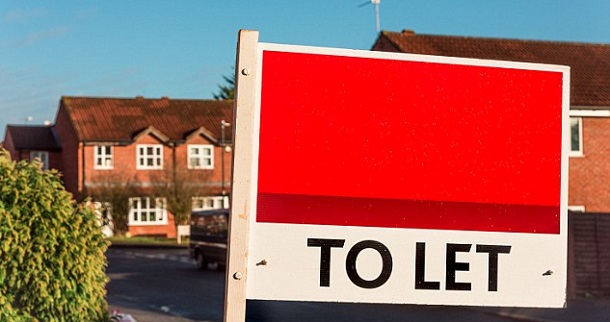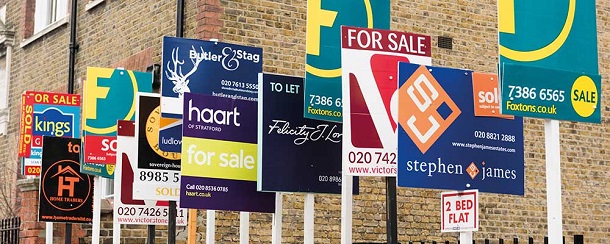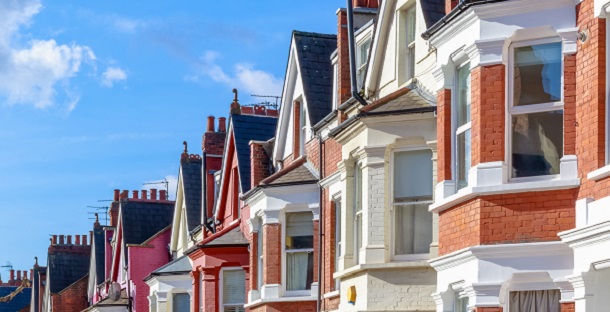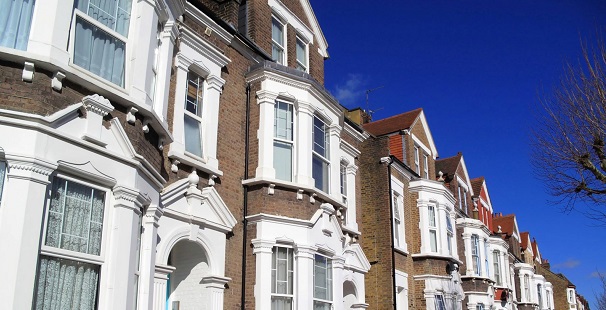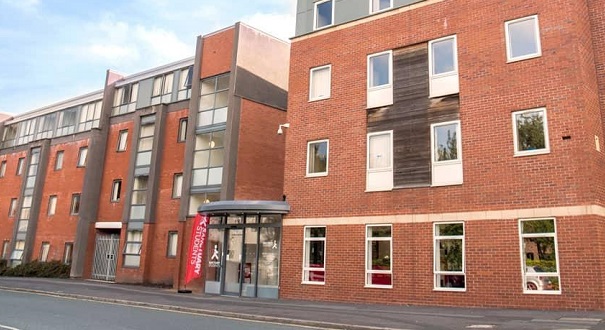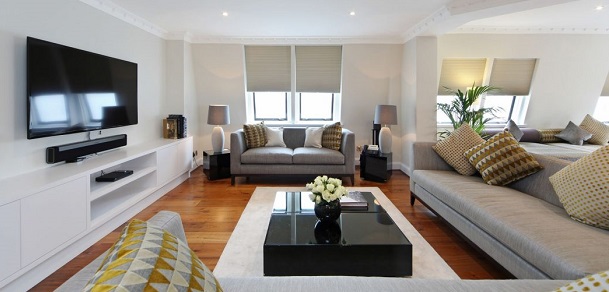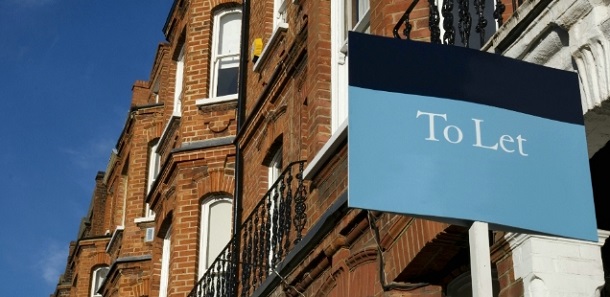
With renting in the UK becoming more and more popular, there has never been a better time to become a first-time landlord. The demand for rented properties is constantly on the rise, and it isn’t expected to slow down any time soon. Renting out a property is an excellent way to make some extra income and can turn into the beginning of your own property portfolio.
Being a landlord for the first time can be an overwhelming prospect, and there is a lot that must be considered before you begin the process. You will come across plenty of legal jargon and getting your head around all the processes and regulations can be tricky. This guide covers everything you need to know about becoming a landlord for the first time, and some handy tips for helping you along the way.
Preparing To Let
Before you can get started with looking for your perfect tenants, you need to get your property and paperwork in order. Start by thinking about the state of the property you want to let, if you have inherited an old property it might be in need of some renovations to get it up to scratch. If you are moving out of your current home for any reason and looking to rent this out, it might already be in a good state for letting but be sure to thoroughly check all fixings and décor are up to code.
It is also worth investigating the rental demand in your local area to see the types of properties that are popular and roughly how much the rent is. Check out websites like Rightmove and Zoopla to see the properties that are available to rent locally and see how they compare to your property. This should give you a good idea of the amount of rent you can expect from tenants, and how quickly you can expect your property to be picked up.
There are a lot of questions you will need to answer before you can list your property as for let, and some may take some serious consideration. You should decide if you are going to accept tenants with pets; allowing pets can be a unique selling point for tenants, but they can also cause damage to the home. Will you be renting your property furnished or unfurnished? A furnished property will often have a higher rental value than unfurnished, but also you will be responsible if anything breaks.
Before you get started on finding tenants, you should register for self-assessment with HMRC as a business owner, to avoid getting into bother with taxes later down the line.
Knowing The Costs
Once you have tenants in place in your property, you will have some income from the home, but it is vital that you factor in all the outgoings involved with being a landlord. There are various costs to consider, some are ongoing while others might be one-off fees, but it is important you are aware of them all:
Mortgage: Unless you own your property outright, you will need to keep up your mortgage repayments on the home. The rental income should cover this but be prepared just in case you have some time where no tenants are in place. Read our guide on buy to let mortgages for first time landlords.
Repairs: As a landlord, you will be responsible to pay for any repairs or replacements that are needed within the property. This might be the cost to fix a broken boiler, burst pipe or broken washing machine.
Agency fees: If you choose to use an letting agency to let your property on your behalf, you will have to pay for the service. Most agencies will take between 10% and 15% of the rent amount.
Insurance: when you own a building, whether you are letting it or not, you will be responsible for paying for the insurance in case something goes wrong.
Energy Performance Certificate (EPC): An EPC is a requirement if you are renting or selling a property and usually costs around £50 to £100. These last for ten years, so you don’t need a new one every time a new tenancy starts.
It could be worthwhile joining a landlord association when you become a landlord for the first time. These memberships cost anywhere between £50 and £184 a year and are an optional expense that is worth considering.
Finding tenants

Once you have worked out your finances and got the property in order, you can begin the search for your ideal tenants. You can advertise your property through various channels, and it is important to have recent photographs that show off the home in its best light.
Think about the kind of tenants you want and the kind of tenants that will want your property. If it is a large home with many bedrooms, it is probably ideal for families, if it is a small apartment with good commuter links then it is more suited to young professionals.
When you are advertising your property, try to make it look very neutral and avoid bright wallpaper or décor. Tenants will want to make the place their own with their own belongings and will not want to worry about existing décor.
